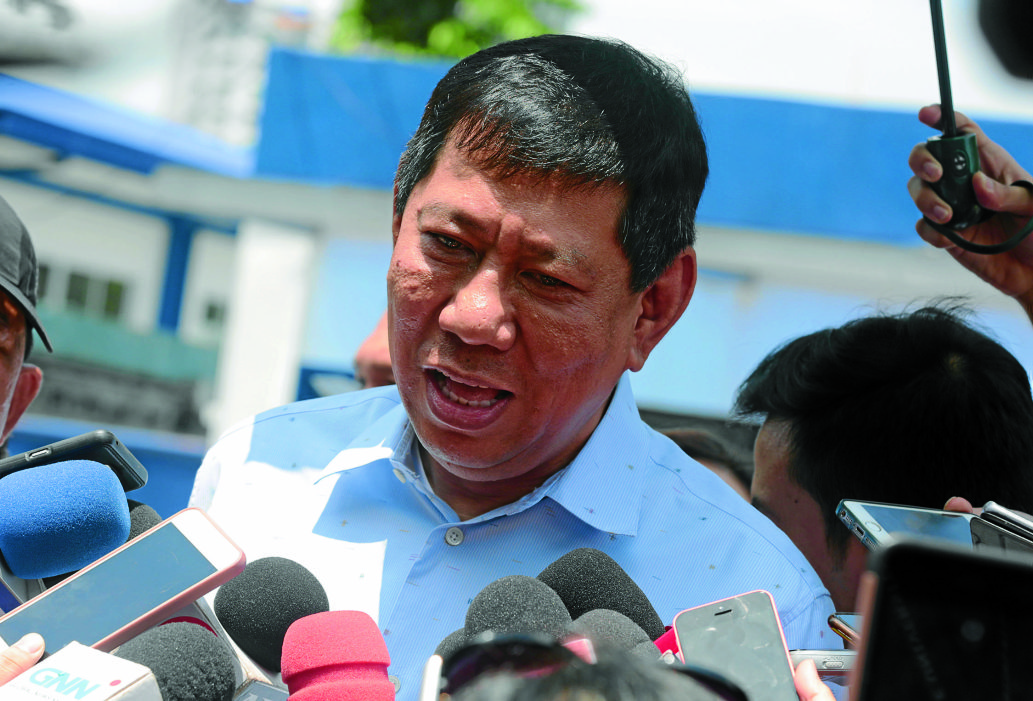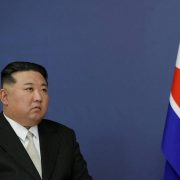Comelec: No basis to exclude Quiboloy, but Erice disqualified

The Commission on Elections (Comelec) has affirmed two earlier decisions that allowed detained preacher and indicted sex offender Apollo Quiboloy to run for the Senate and disqualified a former congressman from the election that he was found to have undermined.
The poll body, voting 7-0, affirmed its First Division’s Dec. 18 decision to deny for lack of merit the appeal of Workers and Peasants Party (WPP) president Jose Sonny Matula seeking Quiboloy’s declaration as a nuisance candidate and his disqualification from next year’s elections.
“It must be emphasized that there was no valid ground raised in the motion,” stated the seven-page en banc ruling.
The en banc ruled that no proof was presented to show that Quiboloy put the electoral process in mockery by using his candidacy to evade criminal prosecution or deflect attention from the criminal cases he is facing.
Quiboloy is now detained at the Philippine National Police custodial facility in Quezon City while the child abuse and human trafficking cases against him are pending in the court.
The preacher has also been indicted for separate cases of child abuse, human trafficking and money laundering in the United States and the US Department of Justice already sought Quiboloy’s extradition last March.
In a message via Viber, Matula said the WPP would elevate the case to the Supreme Court, but the poll body’s decision becomes final and executory on Jan. 3, unless stopped by the high court.
Erice disqualification
The en banc also affirmed on Friday the Nov. 26 resolution of the Comelec’s Second Division to disqualify former Caloocan City Rep. Edgar Erice from next year’s election.
The commission affirmed the Second Division’s finding that Erice’s act of spreading false and alarming reports, and circulating misleading messages to disrupt the electoral process and cause confusion among voters is violative of the Omnibus Election Code.
The commission said Erice’s “act of propagating false information across multiple platforms demonstrates his deliberate intent to disrupt elections rather than legitimate criticism.”
“Respondent seems to imply that his unsupported, unverified, unrelenting, highly public and malicious accusations against the commission are protected speech. Respondent is greatly mistaken. Contrary to [his] assertions, not all critical utterances made against public officials fall automatically within the ambit of constitutionally protected speech,” the en banc ruling said.

















